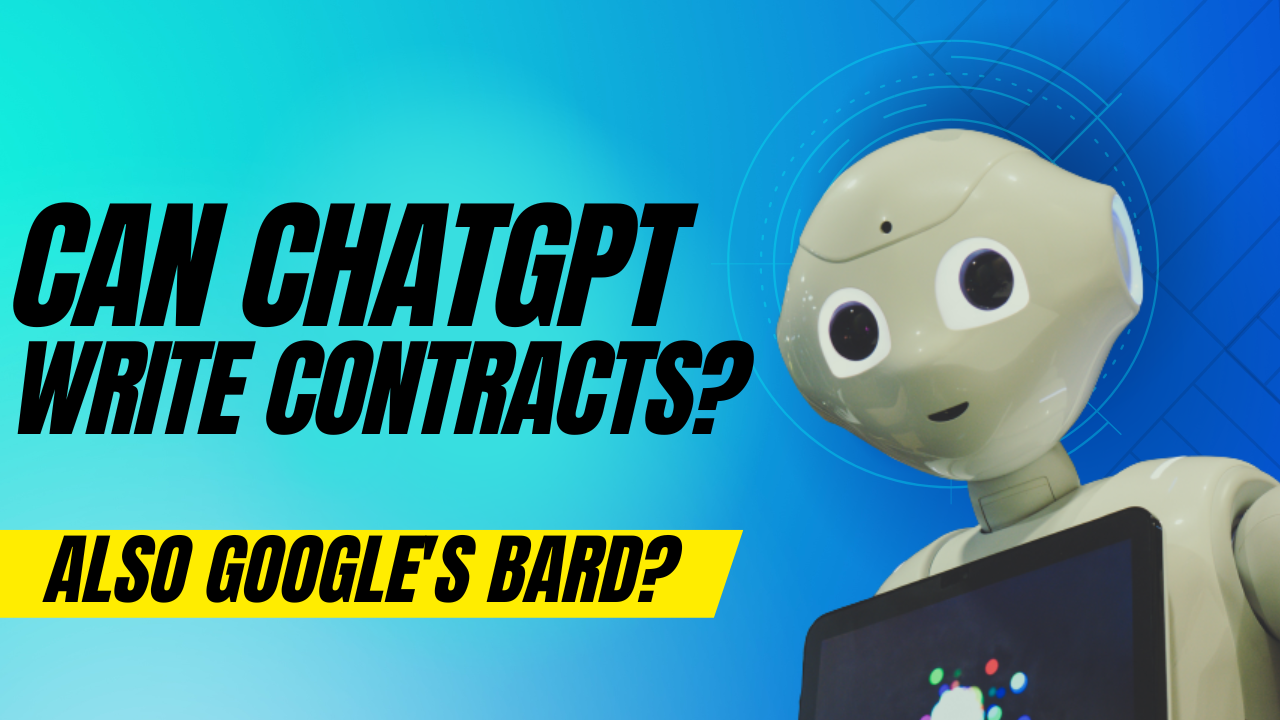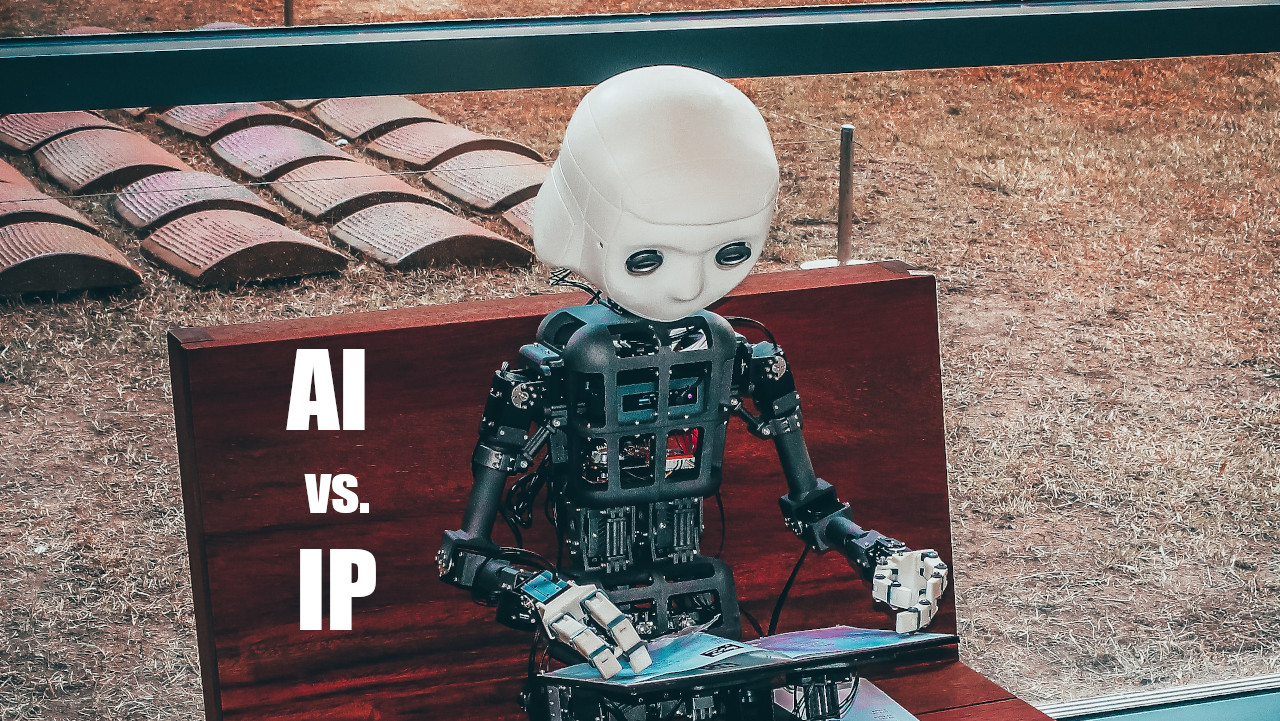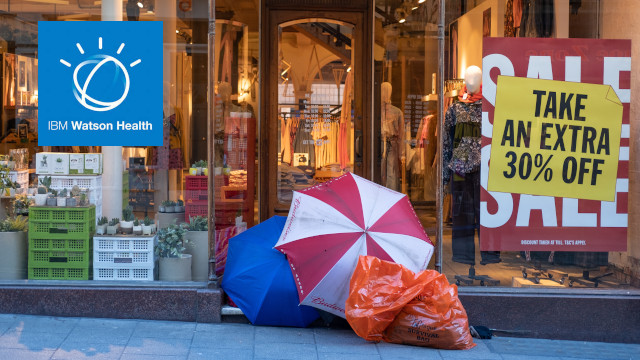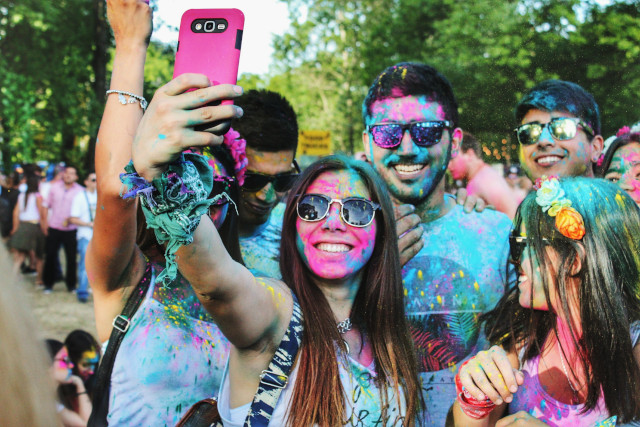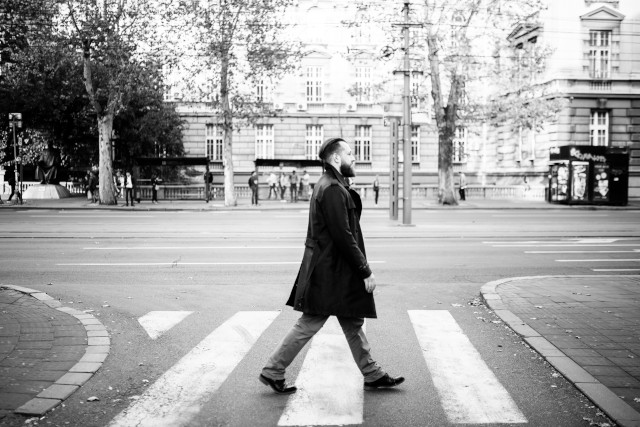The last several months have been pivotal for AI chat technology. Not only is it getting better, it is becoming very accessible to everyday users.
I have been testing Chat GPT and Google’s Bard to see if they could actually help make my real procurement job easier, and I would say the answer is yes.
This video documents several requests I made of both services and I will let you know which one I think is best as of April 2023.


